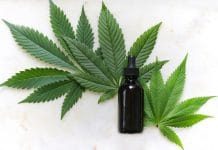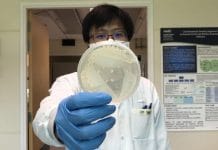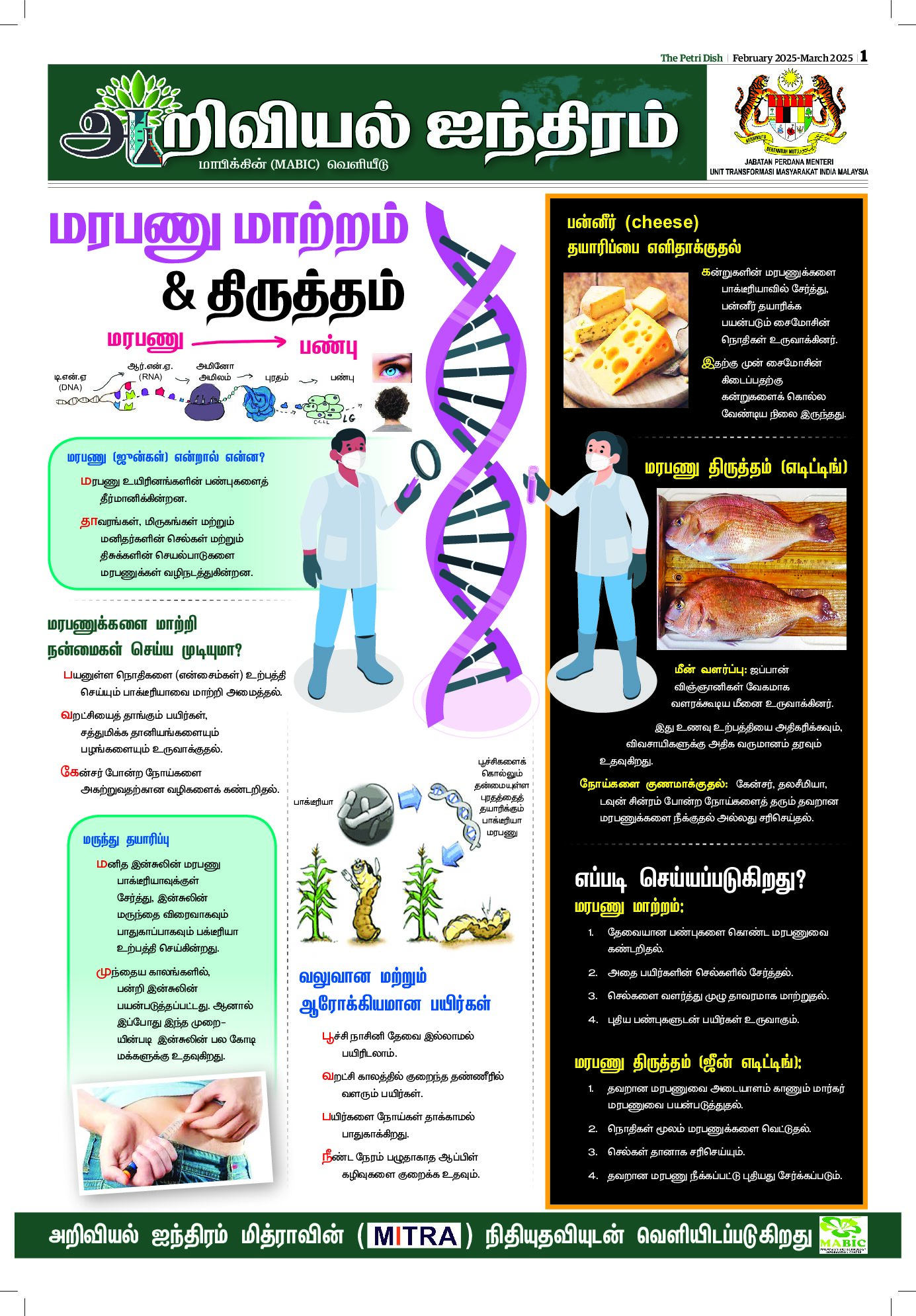A NEW study from the University of North Carolina at Chapel Hill found that substandard and falsified medicines, including medicines to treat malaria, are a serious problem in much of the world.
In low- and middle-income countries, more than 13 percent of the essential medicines that satisfy the priority health care needs of the population fall in this category.
When looking specifically at African countries, the portion of substandard and falsified medicines rises to almost 19 percent.
Falsified medicines are medical products that deliberately and fraudulently misrepresent their identity, composition or source.
Substandard medicines are real medical products that fail to meet quality standards or specifications for a variety of reasons, including poor manufacturing, shipping or storage conditions, or because the drug is sold beyond its expiration date.












